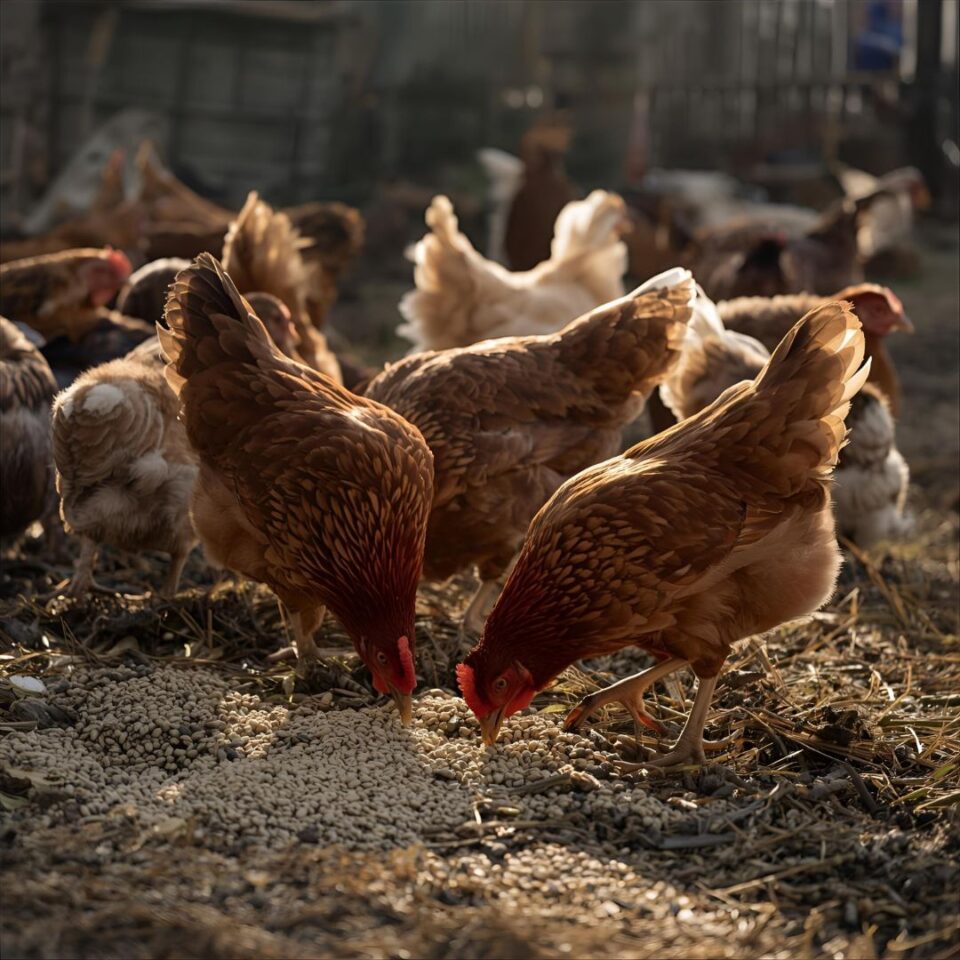Singapore-based agribusiness giant Olam has announced a $200 million investment in Ghana’s agro-industrial sector, with projects spanning pasta production, poultry feed, and aquaculture feed. The move is expected to create around 4,000 jobs and significantly reduce the country’s dependence on food imports.
The announcement was made on August 29 by Foreign Affairs Minister Samuel Okudzeto Ablakwa, following President John Mahama’s state visit to Singapore from August 26–28. During the visit, Ghana secured close to $1 billion worth of investment commitments across multiple sectors.
Pasta Production to Cut Imports
Olam plans to construct a pasta production facility with an annual capacity of 43,000 tonnes, scheduled to begin operations in 2026. The project comes as Ghana’s demand for pasta continues to rise, particularly in urban areas.
According to Statista, Ghana’s pasta market is projected to reach $325.4 million by 2025, with consumption growing at an annual average rate of 7.26% through 2030. Currently, most of this demand is met through imports, largely from Turkey. Around 70% of the wheat processed locally goes into bread production, leaving a gap in the pasta segment that Olam aims to fill.
Strengthening Poultry and Aquaculture
The company will also establish feed mills dedicated to poultry and aquaculture, sectors considered vital for Ghana’s food security.
The government recently introduced the “Poultry Farm to the Table Program” to revive the struggling poultry industry, which has been squeezed by imports. Ghana is the second-largest consumer of poultry meat in West Africa, after Nigeria, yet USDA data shows that 80% of its poultry consumption is imported, mainly from the Netherlands, the US, Poland, Brazil, and Belgium.
Aquaculture is another priority area, with local production lagging behind rising demand for fish protein. Feed availability and quality remain critical bottlenecks that Olam’s investment seeks to address.
Supporting Ghana’s Import Substitution Strategy
By targeting pasta, poultry, and aquaculture feed, Olam’s initiative aligns with Ghana’s broader strategy to strengthen local agro-industries, reduce reliance on imports, and create sustainable jobs.
“With these projects, Olam is positioning itself at the heart of Ghana’s food security agenda while capturing growth in one of West Africa’s fastest-growing markets,” the Ministry said in a statement.



